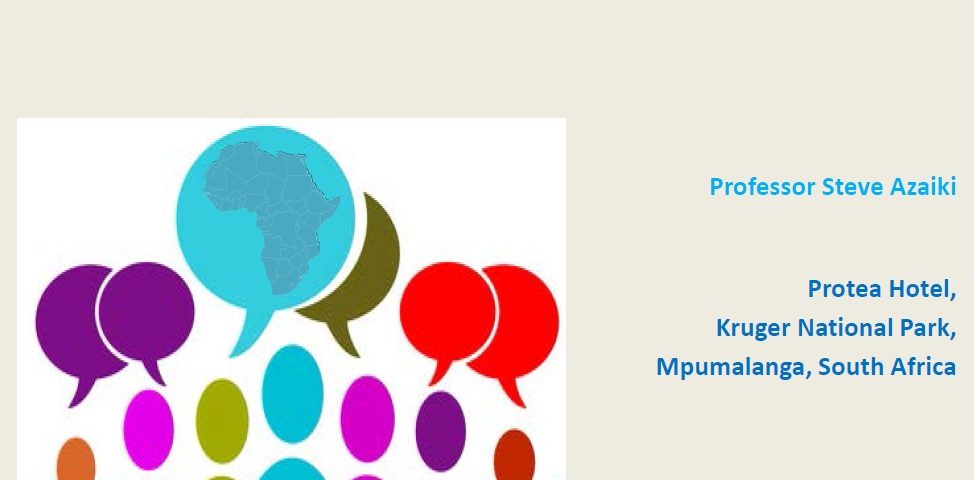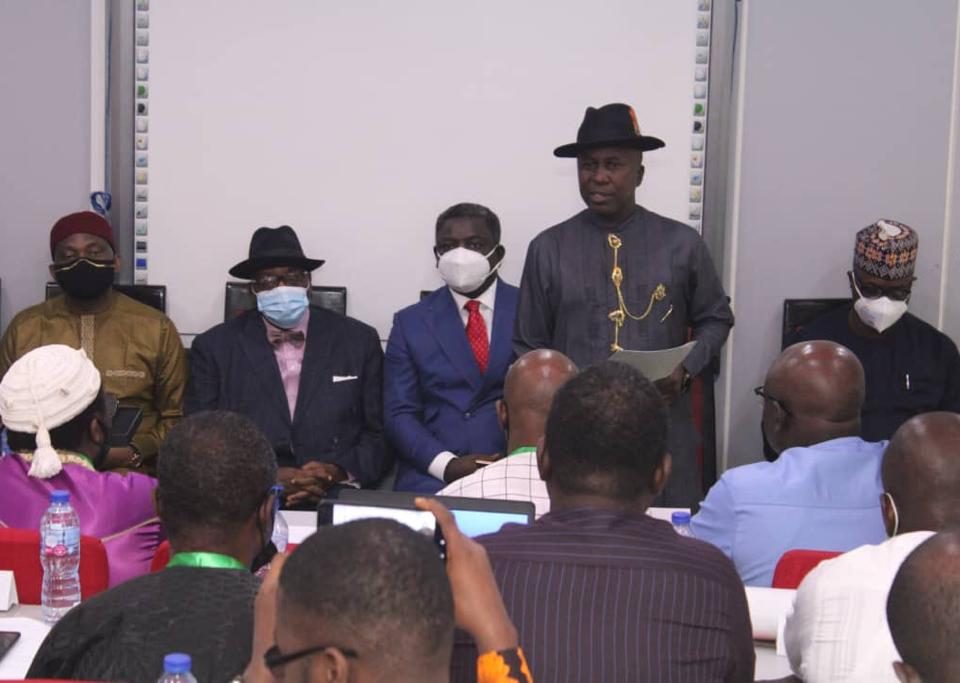
Entrepreneurship as Engine for Economic Growth in Nigeria
March 20, 2018
NATIONAL THINK-TANK MOURNS SHAGARI
December 30, 2018There is no lack of conflicting opinions in the arena of global education discourses. In this respect, education can be viewed as a ‘prized possession’ that every nation is fighting for. But the purpose here should not be about winning a fight, but about engaging collaboratively to benefit all human beings who find themselves on the carousel of life, regardless of nationality or geographical location. This paper utilises a desk research methodological approach to analyse selected paper contributions that are made to the global education debates. The main themes examined relate to the purpose of education and the effectiveness of education systems. The paper takes the position that education is all-encompassing and that it should be progressive, not only because of the rapid advancement in technology and the inescapable reach of the ‘tentacles’ of globalisation, but also because humans are thinking beings who are capable of responding to changing situations. It argues that Africa should have a voice in global debates, not for the sake of simply adding to existing dialogues, but for adding value to them by using educational experiences from its culturally rich and diverse sources. The discussion is underpinned by three main theories – behaviourism, constructivism and social constructivism. Reference is also made to the importance of considering multiple intelligences in teaching learning spaces and how they impact on learners’ progress and achievement. The paper concludes that it is edifying for Africa to glocalised its education activities with a view to making a meaningful contribution to its overall growth, development and redevelopment.
Keywords: global education, globalisation, glocalisation, behaviourism, constructivism, social constructivism, multiple intelligences


